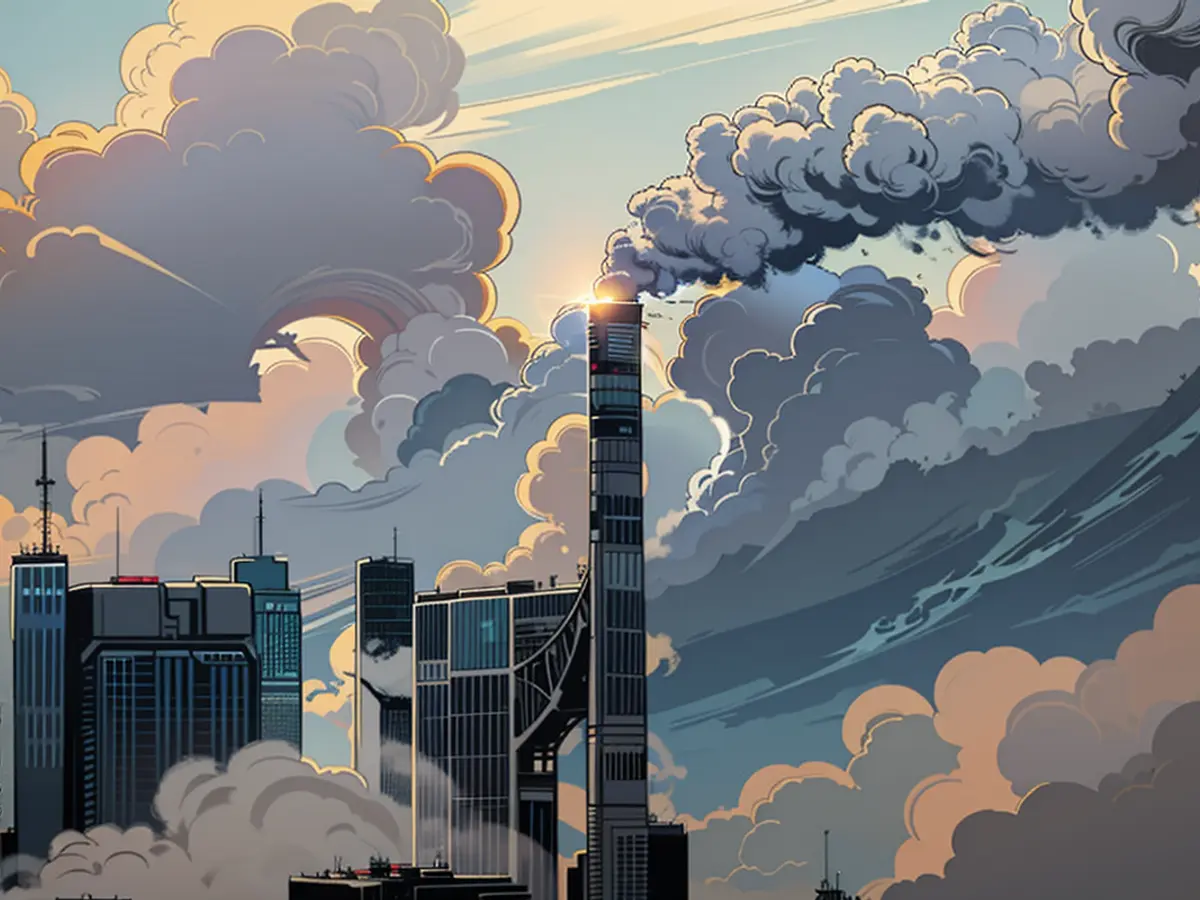UNO will end CO2 hoaxes in large corporations
For years, CO2 certificates have been under suspicion of helping companies like Chevron, Apple & Co. improve their climate balance. UN Secretary-General Antonio Guterres wants to stir up the billion-dollar market now. Many of the projects are pure window-dressing.
A steel manufacturer polluting the air in India but investing in rainforest reforestation in the Amazon. A power plant operator from Germany financing solar cells in Africa. Or an oil company from the US giving money for hydroelectric power on the Fiji Islands. Making amends for climate damage at one place while doing good for the globe elsewhere is the idea behind CO2 compensation.
What sounds too good to be true is often just that.
Tech giants, oil and gas producers, and energy companies have been using the trade in so-called CO2 certificates to meet their climate promises in large numbers. They claim to offset their emissions through voluntary savings around the world. However, doubts about the credibility of the system are growing, and the UN wants to intervene.
UN Secretary-General Antonio Guterres is reportedly planning to speak out against the further use of CO2 certificates in evaluating the climate neutrality of companies, according to the British "Financial Times." This comes from drafts of a Task Force on Global Markets for CO2, which Guterres established and which the newspaper was able to view. It states: "Used CO2 certificates (Carbon Credits) cannot be counted as own emission reductions of the polluters."
Compensation is often window-dressing
Guterres has been critical of climate compensation for a long time. In a speech last year, he called on the economy to pursue "real decarbonization" and urged companies to avoid "dubious offsets or Carbon Credits." In addition, the greenhouse gas emissions of large corporations have significant importance for the global climate: According to the non-profit organization "Carbon Disclosure Project," only 100 companies are responsible for more than 70 percent of global CO2 emissions.
Guterres' move could therefore have consequences for the growing market for CO2 initiatives worldwide: According to the consulting firm Boston Consulting Group, it is expected to grow to approximately 10 to 40 billion US dollars by 2030. However, if the UN were to withdraw its blessing, many of the projects would be less marketable.
Moreover, the UN has been supporting the international trade in climate certificates so far. It even has its own e-commerce platform, where companies, organizations, or individuals can buy CO2 certificates to compensate for their emissions. Given this background, a reversal would be significant.
Billion-dollar scam with a clear conscience
Providers of such CO2 certificates have been under criticism for some time due to studies showing that their statements about saved greenhouse gases are significantly overstated, not transparent, or that the savings are not permanent. In the global CO2 certificate market, bad or fraudulent projects are not the exception but the rule.
An investigation by the British "Guardian" concluded last year that even the 50 largest climate projects in the world, which have sold the most certificates to date, contribute little or nothing to reducing global CO2 emissions. Around four-fifths of the initiatives were found to be largely ineffective, the paper ruled. However, companies had paid 1.16 billion dollars for them.
It was mainly due to the fact that indications of leaks in the installations had been found, which had only been shifted or even occurred without the expensive investment. For instance, in a reforestation project in Zimbabwe, the CO2 savings were overestimated by five- to thirty-fold.
Antonio Guterres, the UN Secretary-General, has expressed concerns about companies using CO2 certificates to improve their climate balance, as the system's credibility is under scrutiny. One notable criticism is that many of these projects are merely window-dressing, providing little to no real reduction in CO2 emissions. Despite this, tech giants, oil and gas producers, and energy companies continue to use these certificates to offset their emissions through voluntary savings worldwide.








